NEW YORK CITY
As of July 2024, it was estimated that nearly 8.5 million people live in New York City (1). With rising costs, residents are contending with both high housing and energy costs that contribute to weather-related illness and death. Climate change intensifies extreme weather events like heatwaves, which pose significant health risks, especially indoors. Older adults are especially vulnerable due to physiological susceptibility and the greater amount of time spent in the home, making them heightened risks from poor-quality housing and inadequate cooling (White-Newsome, Sanchez et al. 2011, Klinenberg 2015).
-
Energy Insecurity
Energy insecurity is the inability to adequately meet basic household energy needs. About 30% of New Yorkers are struggling with some form of energy insecurity, but low-income, Black, and Latino New Yorkers, are at higher risk (2). They are eight times as likely to have utilities shut off than their white and wealthier counterparts (3). This is exacerbated by rising temperatures calling for increased cooling needs during the summer months yet 11% of New Yorkers are reporting they do not have access to an air conditioning unit in their home putting them at an elevated risk for heat-related illness and/or death (3).

-
Housing
Where one lives significantly impacts one’s susceptibility to energy insecurity. Housing conditions can significantly impact the degree someone experiences energy insecurity. Conditions such as poor heating, poor insulation, and lack of temperature control can render occupants limited in controlling their energy use. Renters are often unable to make decisions regarding their home that can optimize their energy access and use such as adopting solar or addressing poor physical conditions such as drafty windows to promote insulation.

Our Research
The following activities will be conducted as part of this research study:
-
Measure Indoor Environmental Quality
We will place indoor air monitoring devices to track air quality over an extended period of time. We will evaluate the impact of this air quality on physical and mental health via physical attributes captured via data from FitBits and responses to an administered health survey.
-
Evaluate the Impact of Cash Subsidies and Weather-Related Alert Systems on Energy Use and Coping Strategies
We will subsidize utility costs during peak cooling months in the summer using different pay structures. This will be supplemented by linking participants with alert systems currently in place that can alert participants to upcoming extreme heat. We want to evaluate if financial support along with weather alerts can increase residents’ use of ACs.
-
Understand the Links Between Energy Insecurity and Housing Evictions
To increase building energy efficiency, Local Law 97 was put in place as a mandate requiring building improvements in buildings that are over 25,000 sq ft. We will evaluate this policy’s impact on housing evictions and supplement with a spatial analysis using reports to NYC’s 311 reporting system for building related issues.
-
Understand the Implications of Building Improvements on Individuals/Families
To build on what we learn from the third objective, we will observe the impact of such policies and what can be improved.
The Neighbourhood
A sample of 24 older adults (aged 60 and above) have been enrolled in the ongoing longitudinal study. All participants reside in the South Bronx, a historically under-resourced urban area that experiences a disproportionate burden of environmental and housing-related stressors, diversity in gender, race/ethnicity, and housing conditions. The South Bronx offers a critical context for this study due to its high prevalence of energy insecurity, aging housing stock, and extreme heat vulnerability, making it an ideal setting to explore the compounded impact of climate-related stress in the quality of life of older adults.


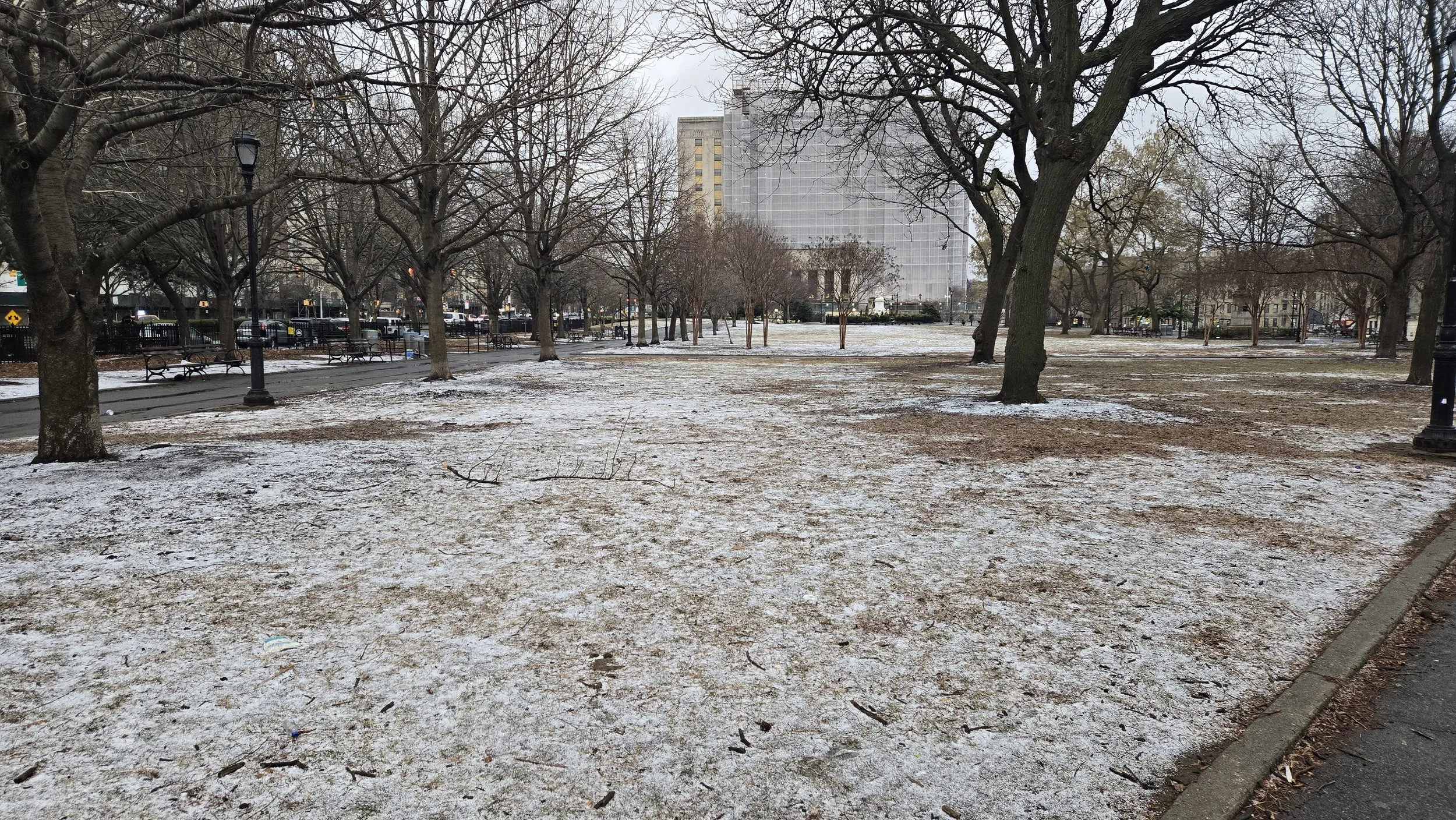

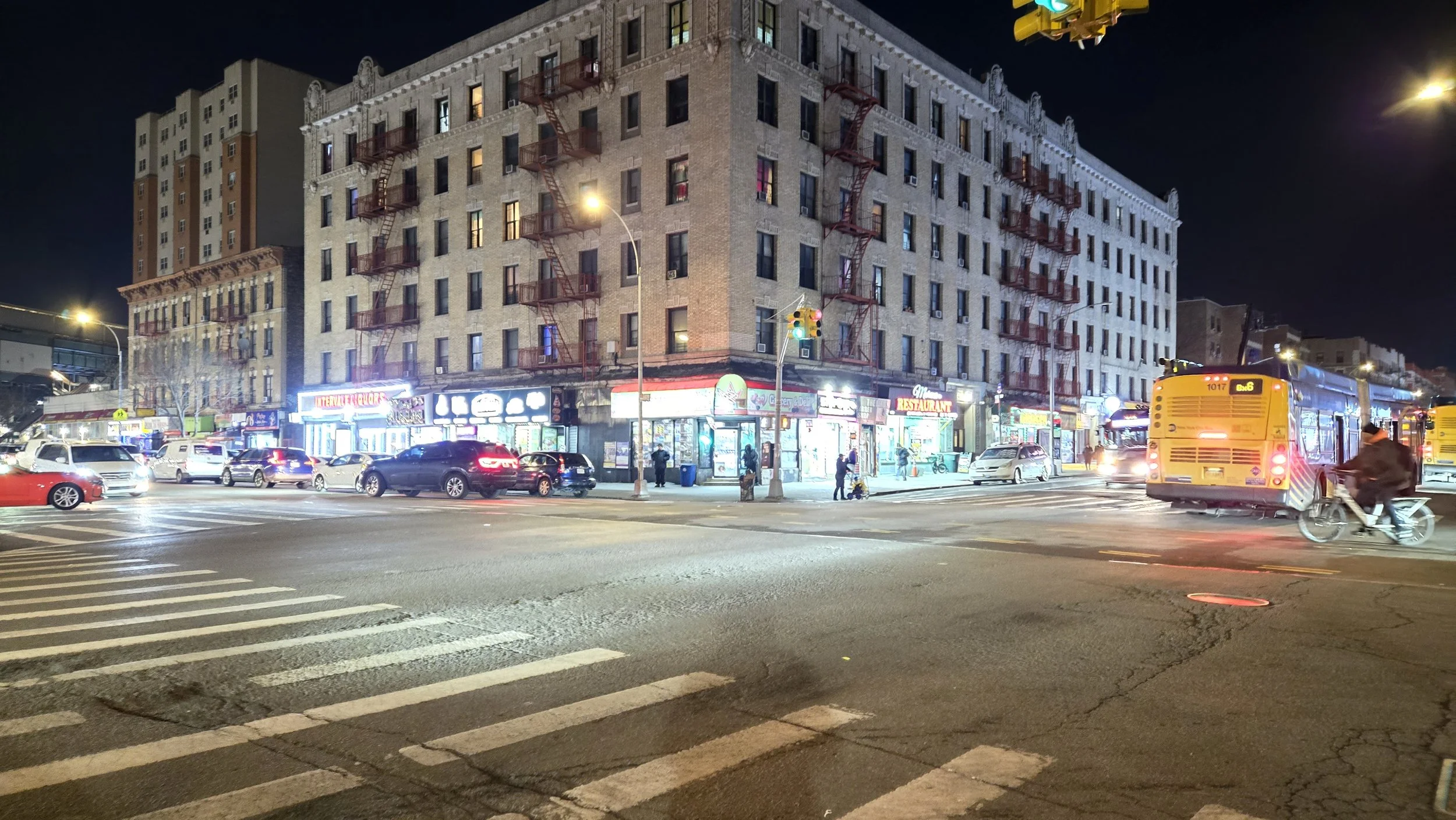
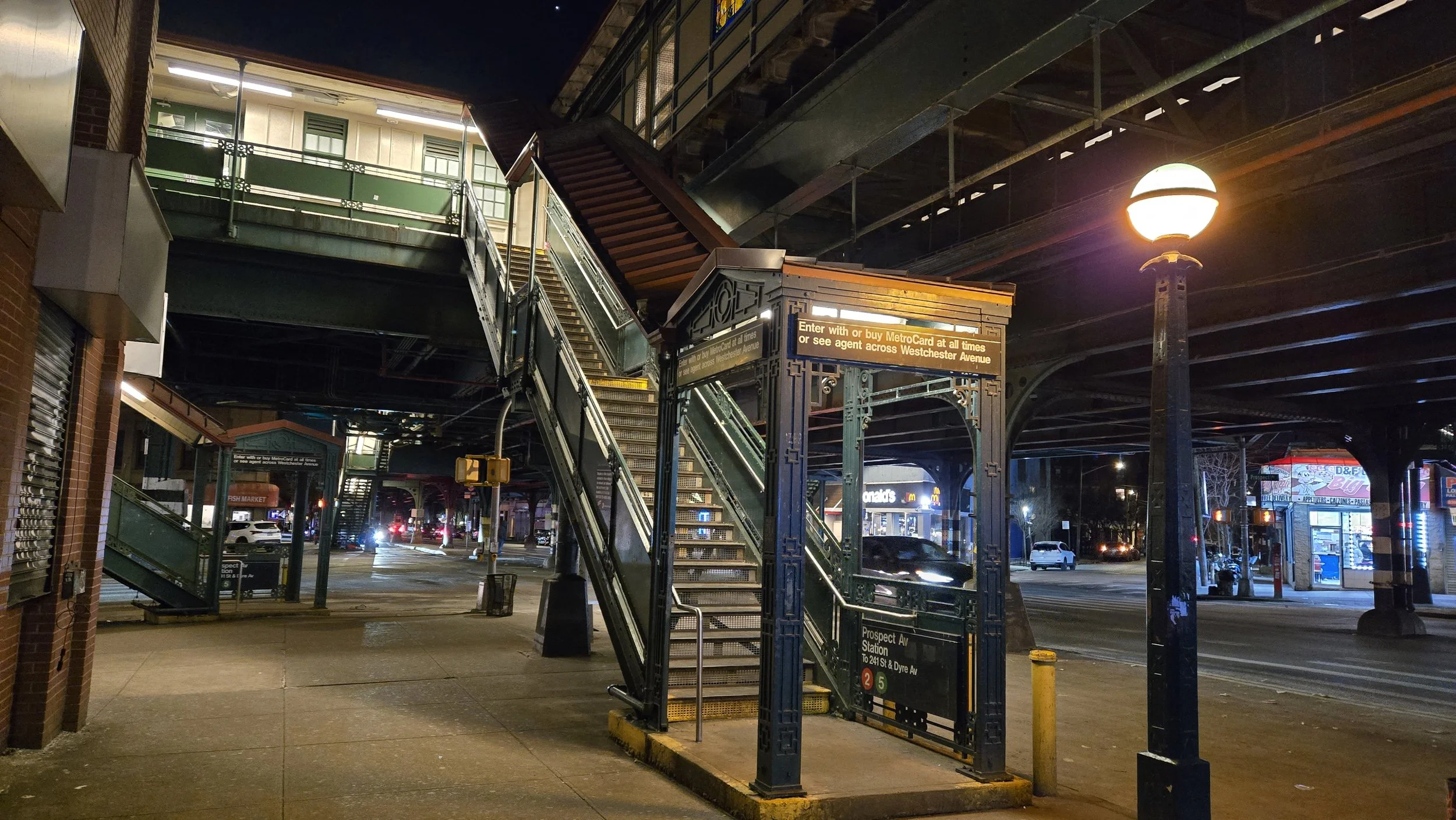

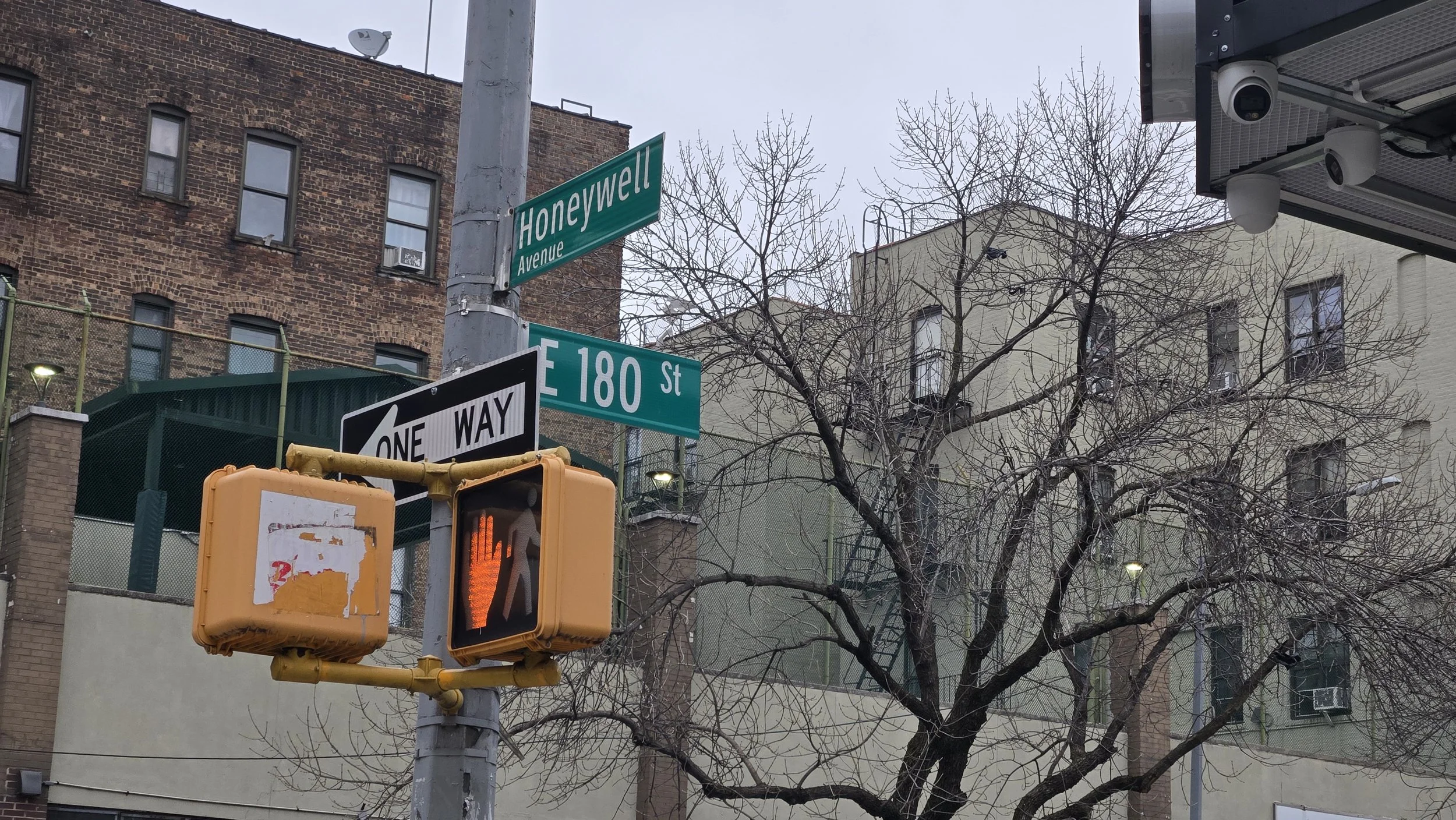



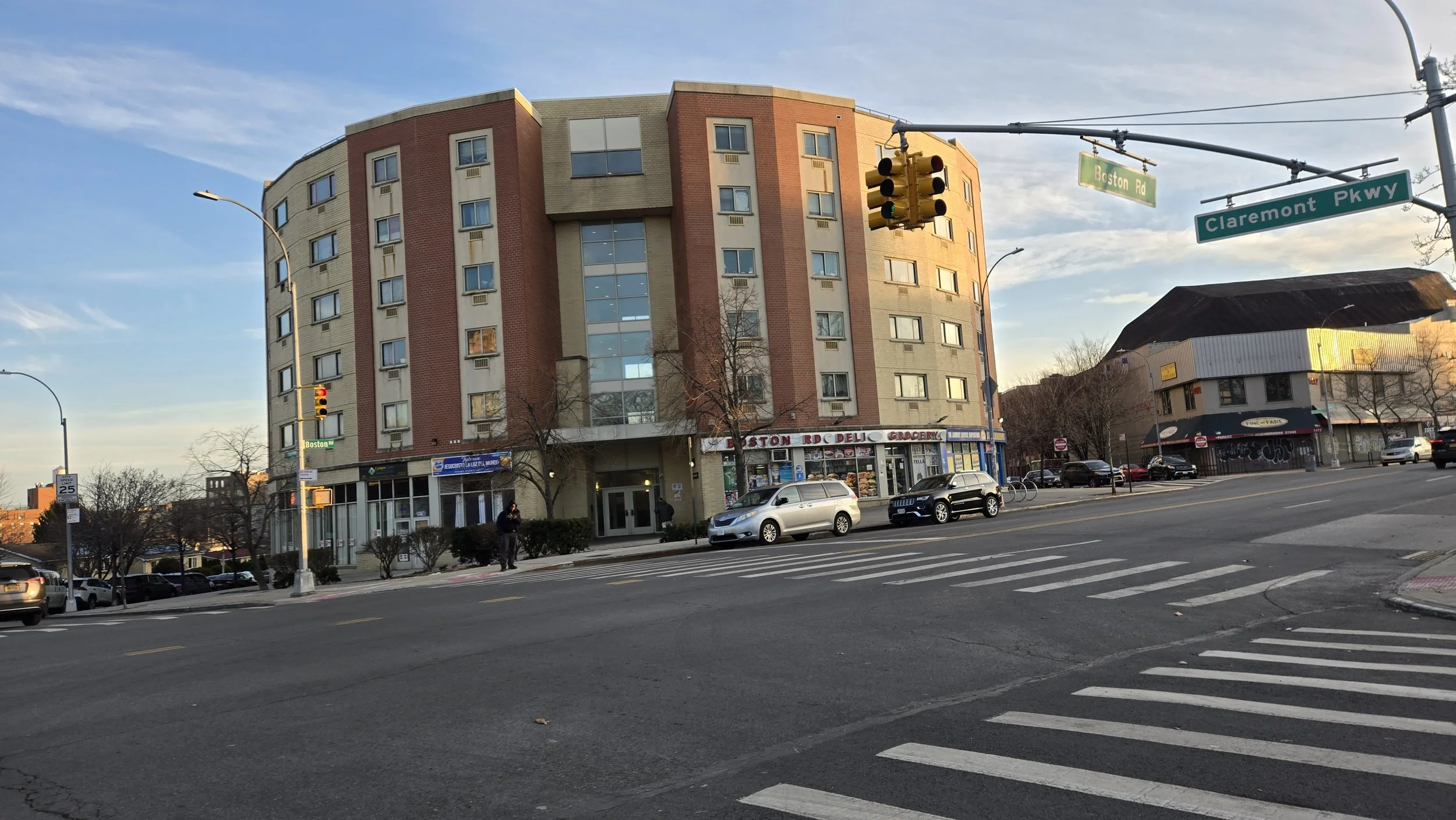
Meet the Team
-

Dr. Diana Hernández, PhD
Diana Hernández, PhD (Co-PI) is an Associate Professor of Sociomedical Sciences at Columbia University’s Mailman School of Public Health. A sociologist by training, her work examines housing and household energy as social and environmental determinants of health and has studied the impacts of policy and place-based interventions on the health and well-being of socioeconomically disadvantaged populations.
-

Dr. Robbie Parks, PhD
Dr. Robbie Parks (Co-I) is an Assistant Professor of Environmental Health Sciences at Columbia University’s Mailman School of Public Health. He has diverse experience in large-scale multi-disciplinary quantitative research focused on climate-related exposures, public health and equity.
-
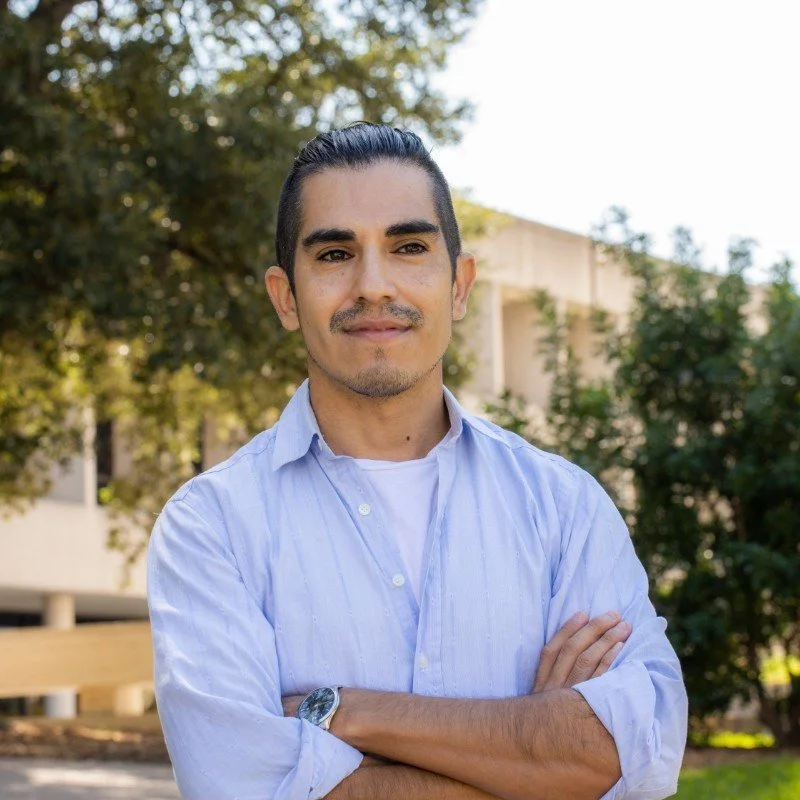
Dr. Felipe Antequera, PhD
Felipe Antequera, PhD (Postdoctoral Research Scientist), conducts quantitative and qualitative studies related to housing policies for low-income and aging populations. With a background in structural engineering, he has developed, overseen, and evaluated large infrastructure projects.
-
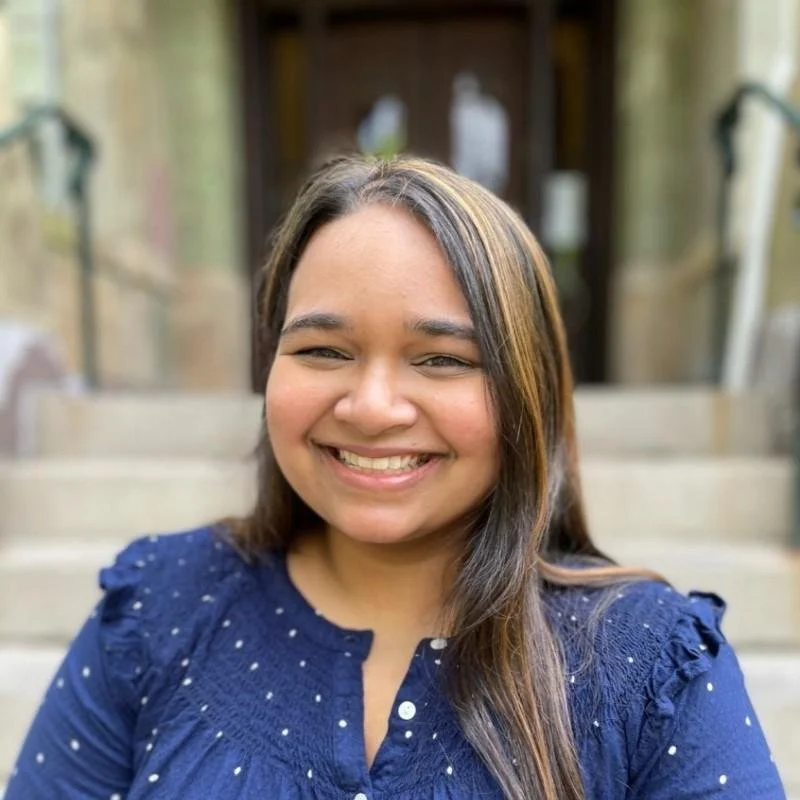
Farzana Khan, MPH
Staff


